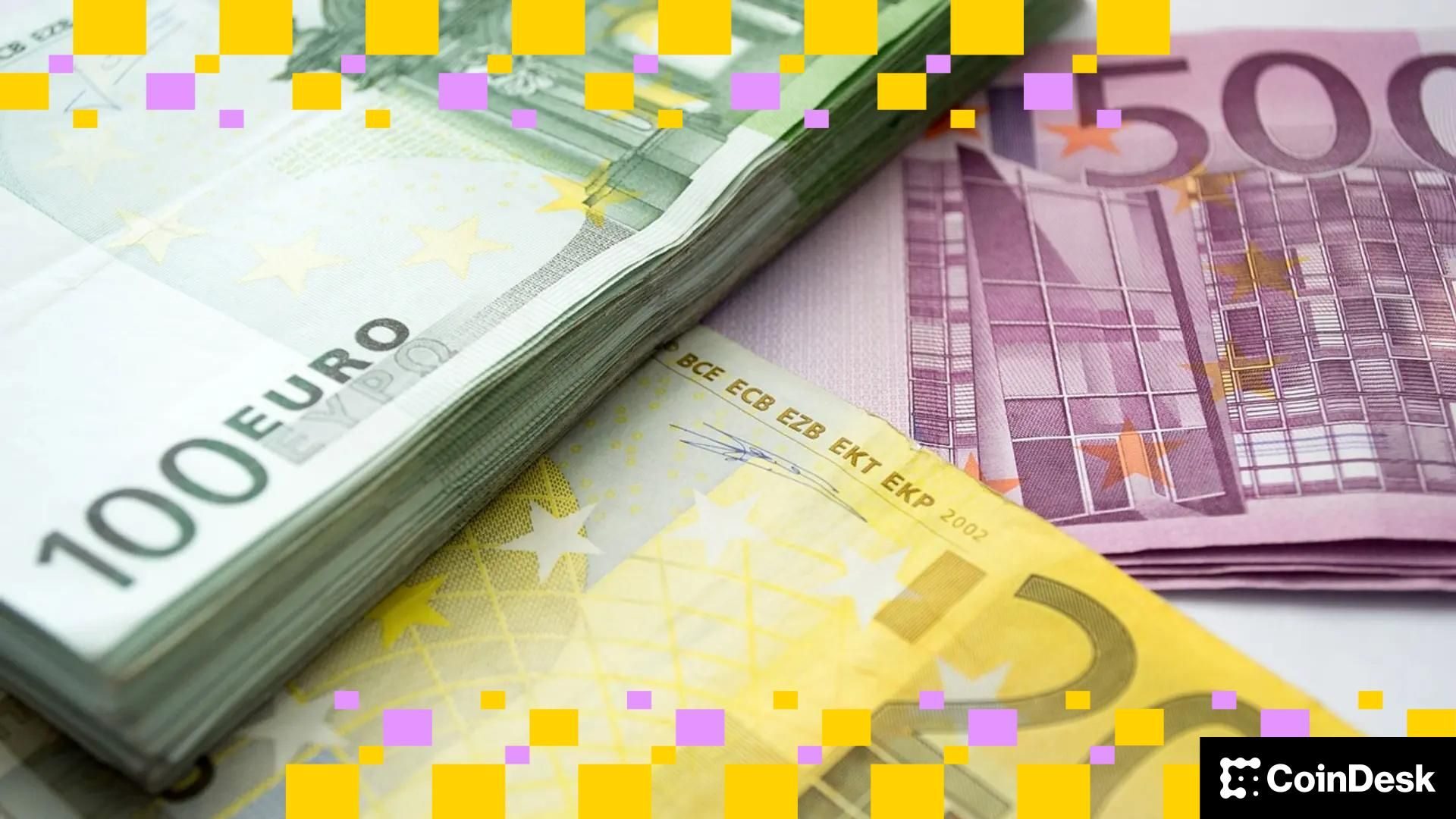-
Back to menu
Prices
-
Back to menu
-
Back to menu
Indices -
Back to menu
Research
-
Back to menu
Events -
Back to menu
Sponsored
-
Back to menu
Videos -
Back to menu
-
Back to menu
-
Back to menu
Webinars
Select Language
Integration allows fintechs and enterprises to settle in EURAU, claimed to be the first euro stablecoin under BaFin’s e-money license.
By Ian Allison, AI Boost|Edited by Oliver Knight
Updated Sep 29, 2025, 10:58 a.m. Published Sep 29, 2025, 10:58 a.m.

- AllUnity and Privy team up to integrate EURAU stablecoin into wallet infrastructure
- Fintechs and corporates will be able to embed EURAU wallets for payments and payouts
- Partnership brings euro-backed stablecoin closer to mainstream treasury and payments use
AllUnity, a German regulated e-money institution backed by DWS, Flow Traders, and Galaxy, and issuer of the EURAU euro stablecoin, has partnered with Privy, the crypto wallet infrastructure firm owned by Stripe.
The move enables fintechs, e-commerce platforms, and enterprises to embed EURAU wallets directly into their applications. Users could then pay, receive, or hold digital euros, with the option to convert between stablecoins and fiat, the companies said on Monday.
STORY CONTINUES BELOW
The integration also supports programmable treasury tools. For example, a business could automate payroll in EURAU or handle supplier payouts in real time, reducing reliance on traditional banking rails. Companies may also earn decentralized finance (DeFi) yield on idle balances, though such opportunities remain experimental, according to a press release.
The deal positions EURAU within Stripe’s broader crypto ecosystem, giving it exposure to payments infrastructure already used by millions of merchants. While most stablecoins in circulation track the U.S. dollar, this partnership brings a regulated euro option into mainstream payment flows.
Alexander Höptner, CEO of AllUnity, said the partnership “marks a significant milestone in the broader adoption of EURAU,” while Privy CEO Henri Stern emphasized that euro-based stablecoin use has been underdeveloped compared to dollar offerings.
The agreement signals growing interest in euro-denominated digital money as European regulators prepare to enforce MiCAR, the EU’s comprehensive crypto framework, in 2026. Last week, French bank SocGen’s FORGE subsidiary chose Bullish Europe to debut a euro-denominated stablecoin.
AI Disclaimer: Parts of this article were generated with the assistance from AI tools and reviewed by our editorial team to ensure accuracy and adherence to our standards. For more information, see CoinDesk’s full AI Policy.
More For You
By Jamie Crawley|Edited by Oliver Knight
1 hour ago

SWIFT is working with a group of over 30 financial institutions to build a ledger based on a prototype by Ethereum developers Consensys.
What to know:
- Global TradFi payments system SWIFT said it is adding a blockchain-based ledger to its network.
- SWIFT said it envisages that the ledger will act as a real-time log of transactions between financial institutions, record, sequencing and validating transactions and enforcing its rules through smart contracts.
- Facing suggestions that it could be made obsolete by adoption of digital assets, particularly stablecoins, SWIFT has been experimenting with blockchain technology and tokenization for several years.




